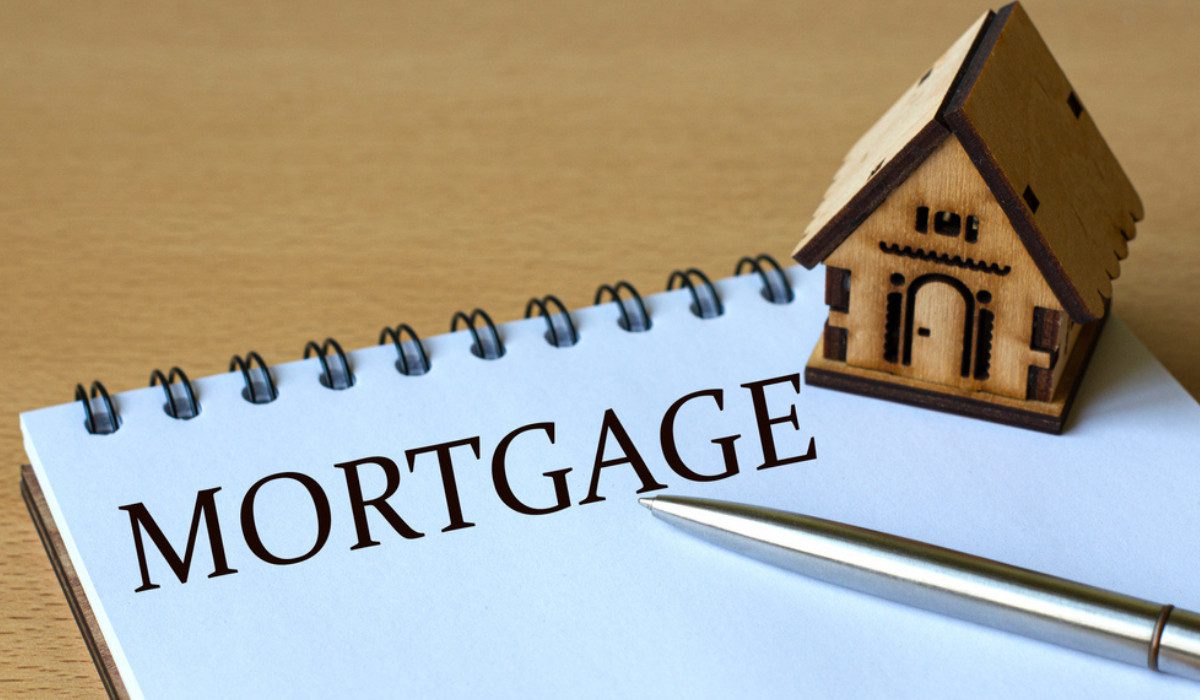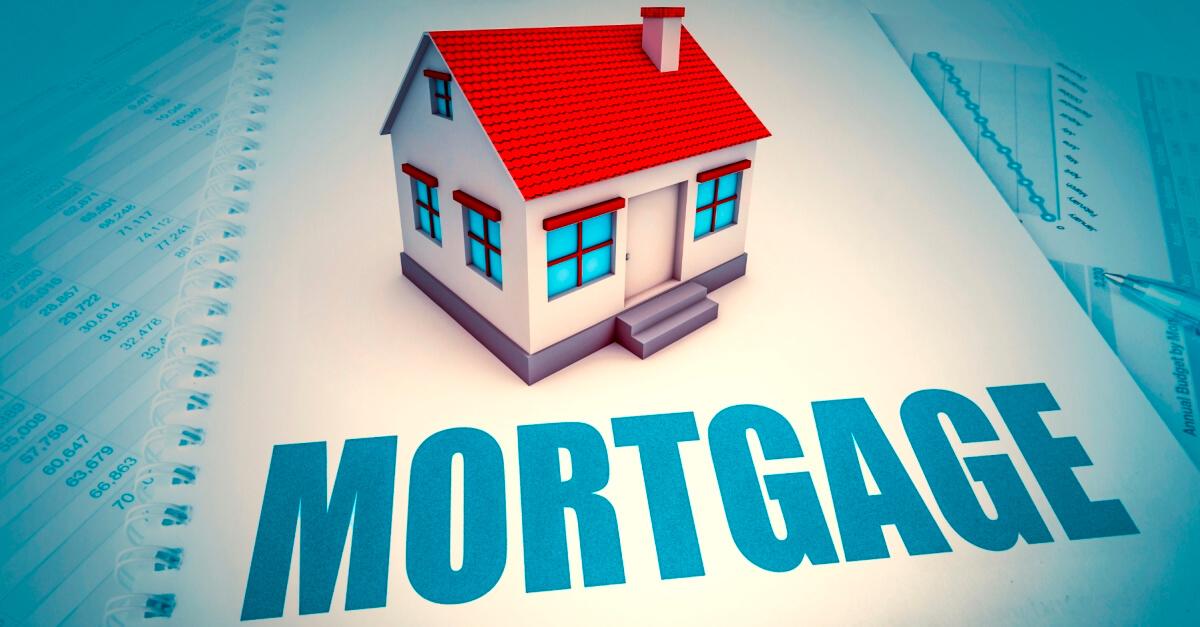Mortgage: A Comprehensive Guide to Home Loans
Outline
H1: Introduction to Mortgages
- What is a mortgage?
- Importance of mortgages in homeownership
H2: Understanding the Basics of a Mortgage
- How mortgages work
- Key mortgage terms to know
- Principal, interest, taxes, and insurance (PITI)
H2: Types of Mortgages
- H3: Fixed-Rate Mortgage
- H3: Adjustable-Rate Mortgage (ARM)
- H3: FHA Loans
- H3: VA Loans
- H3: Jumbo Loans
- H3: Interest-Only Mortgages
H2: The Mortgage Application Process
- Steps to apply for a mortgage
- Documents needed for a mortgage application
H2: Factors Affecting Mortgage Approval
- Credit score and history
- Debt-to-income ratio
- Down payment requirements
- Employment and income verification
H2: Mortgage Interest Rates
- How interest rates impact mortgage payments
- Fixed vs. variable interest rates
- How to get the best mortgage rate
H2: Mortgage Repayment Strategies
- Bi-weekly vs. monthly payments
- Paying off a mortgage early
- Refinancing options
H2: Pros and Cons of Taking a Mortgage
- Advantages of having a mortgage
- Potential downsides of a mortgage
H2: Mortgage Refinancing Explained
- What is mortgage refinancing?
- When should you refinance your mortgage?
- Benefits and risks of refinancing
H2: Common Mortgage Mistakes to Avoid
- Taking on more than you can afford
- Ignoring hidden costs
- Not shopping around for better rates
H2: Government Programs and Assistance for Home Buyers
- First-time homebuyer programs
- Federal and state mortgage assistance
H2: How to Pay Off Your Mortgage Faster
- Extra payments and their impact
- Recasting vs. refinancing
H2: Conclusion
H2: FAQs
- What is the minimum credit score for a mortgage?
- How much down payment is required for a mortgage?
- Can I get a mortgage with a low income?
- What happens if I miss a mortgage payment?
- Is it better to rent or buy a home?
 Mortgage: A Comprehensive Guide to Home Loans
Mortgage: A Comprehensive Guide to Home Loans
Introduction to Mortgages
Buying a home is one of the biggest financial commitments a person can make. For most people, purchasing a house without a loan is impossible. That’s where mortgages come in. A mortgage is a loan specifically designed for home purchases, allowing buyers to pay for a home over time rather than all at once.
Understanding the Basics of a Mortgage
Mortgages work by borrowing money from a lender to buy a home, with the borrower agreeing to repay the loan over a set period, usually 15 to 30 years. Payments include principal (the amount borrowed), interest (the lender’s charge for borrowing), taxes, and insurance.
Types of Mortgages
There are several mortgage types to consider:
- Fixed-Rate Mortgage: Interest rate stays the same for the loan duration.
- Adjustable-Rate Mortgage (ARM): Interest rate fluctuates based on market conditions.
- FHA Loans: Government-backed loans with lower down payment requirements.
- VA Loans: Loans available to veterans with favorable terms.
- Jumbo Loans: For homes that exceed conventional loan limits.
- Interest-Only Mortgages: Borrowers pay only interest for a set period.
The Mortgage Application Process
Applying for a mortgage involves several steps, including pre-approval, home appraisal, and underwriting. Lenders will require financial documents like tax returns, pay stubs, and credit reports.
Factors Affecting Mortgage Approval
Lenders consider multiple factors, such as:
- Credit Score: Higher scores lead to better loan terms.
- Debt-to-Income Ratio: Determines affordability.
- Down Payment: A higher down payment reduces risk for lenders.
- Employment & Income: Stable income reassures lenders.
Mortgage Interest Rates
Interest rates significantly impact mortgage payments. Fixed rates remain steady, while variable rates can fluctuate. To secure the best rate, improve your credit score and shop around for lenders.
Mortgage Repayment Strategies
Paying bi-weekly instead of monthly or making extra payments can help pay off the loan faster and reduce interest costs.
Pros and Cons of Taking a Mortgage
Pros:
- Enables homeownership
- Builds equity over time
- Potential tax benefits
Cons:
- Long-term financial commitment
- Interest costs over time
- Risk of foreclosure if payments are missed
Mortgage Refinancing Explained
Refinancing replaces your existing mortgage with a new one, often with better terms. This can lower interest rates, reduce monthly payments, or shorten the loan term.
Common Mortgage Mistakes to Avoid
Some pitfalls include taking on too much debt, ignoring hidden costs, and failing to compare mortgage options.
Government Programs and Assistance for Home Buyers
Programs exist to help first-time buyers, including down payment assistance and low-interest loan options.
How to Pay Off Your Mortgage Faster
Making extra payments, recasting, or refinancing can reduce loan costs and shorten the repayment period.
Conclusion
A mortgage is a powerful tool for homeownership, but it requires careful planning. Understanding different mortgage types, rates, and repayment options can help you make informed decisions.
FAQs
- What is the minimum credit score for a mortgage?
- Generally, a score of 620 is required for conventional loans, but FHA loans allow scores as low as 500.
- How much down payment is required for a mortgage?
- It varies; conventional loans require 3-20%, while VA loans may require none.
- Can I get a mortgage with a low income?
- Yes, programs like FHA and USDA loans assist low-income buyers.
- What happens if I miss a mortgage payment?
- Late fees apply, and multiple missed payments may lead to foreclosure.
Is it better to rent or buy a home?
- It depends on your financial situation, future plans, and local market conditions.
